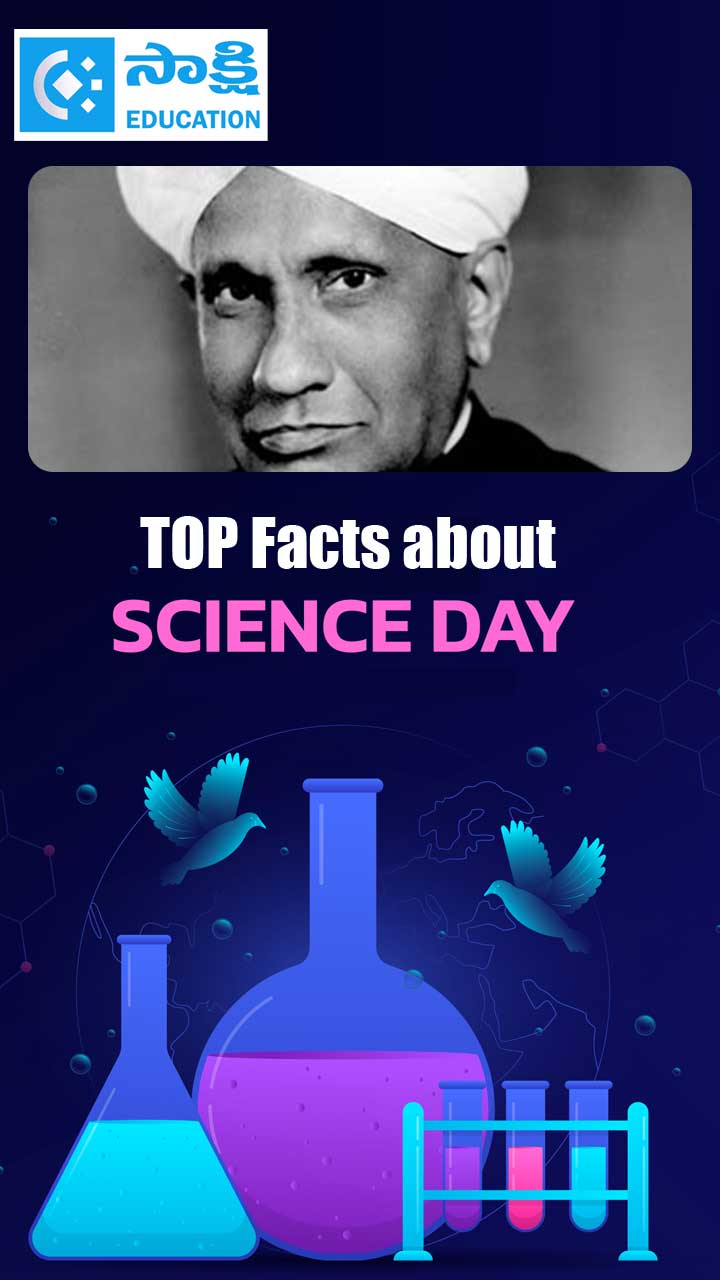Introducing...
Sakshi Education

We also greet people when we are introduced to others. There may be certain occasions where we have to introduce some one to others or we get introduced to others. Let us see the expressions and the responses when introductions take place.
Sample 1 (in an official meeting)
Ramesh: Good Morning Let me introduce myself. I am Ramesh the co- ordinator of this programme. It’s a great pleasure to meet you all. I would like to introduce now the guest of the day Mr.Rao, a senior scientist in ISRO.
Mr.Rao: Good Morning to you all and I am glad to meet you today.
Ramesh: Meet Mr.Suresh the resource person of the day
Suresh: I am happy to interact with you all on this occasion let us start the proceedings of the meeting.
Sample.2
Siddu: Hi... Nishi
Nishi: Hey... what a pleasant surprise?
Siddu: yah.. this is Abhi my classmate and Abhi! meet my friend Nishi.
Abhi: Nice to see you.
Nishi: I feel the same
Siddu: we will meet later. See you.
Expressions used to introduce…
Let us see how these simple sentences are structured.
Structures
When we wish to convey something we convey that in the form of sentences. These sentences consist of a subject (about whom or which we want to say) and a predicate (what we say about that subject).
Example: Hari is a teacher.
I am ……..
He is …………
They are ………….
Past
It was a big company
Hari and Ravi were good friends. (implies that they are not good friends now or you are talking about something happened in the past.
Future
Harita will be a doctor.
These be forms are used independently to state the condition of the subject and some times along with an action word.
Sample 1 (in an official meeting)
Ramesh: Good Morning Let me introduce myself. I am Ramesh the co- ordinator of this programme. It’s a great pleasure to meet you all. I would like to introduce now the guest of the day Mr.Rao, a senior scientist in ISRO.
Mr.Rao: Good Morning to you all and I am glad to meet you today.
Ramesh: Meet Mr.Suresh the resource person of the day
Suresh: I am happy to interact with you all on this occasion let us start the proceedings of the meeting.
Sample.2
Siddu: Hi... Nishi
Nishi: Hey... what a pleasant surprise?
Siddu: yah.. this is Abhi my classmate and Abhi! meet my friend Nishi.
Abhi: Nice to see you.
Nishi: I feel the same
Siddu: we will meet later. See you.
Expressions used to introduce…
| Formal | Response |
| I'd like to introduce myself Let me introduce myself May/Can I introduce you to (name) I would like you to meet Mr…… Meet Mr…. I am glad/pleased/happy/ honoured to introduce …. | Nice to see you Glad/pleased/happy/ honoured to meet you |
| Informal Meet Mr/ Mrs…. This is …… Do you know Mr… | Glad to meet you Nice to meet you How do you do |
Let us see how these simple sentences are structured.
Structures
When we wish to convey something we convey that in the form of sentences. These sentences consist of a subject (about whom or which we want to say) and a predicate (what we say about that subject).
Example: Hari is a teacher.
- We want to say about Hari (Subject) …that, he is a teacher (Predicate) The word that completes the meaning of a group of words is ‘verb’.
- Hence when you make a sentence, it conveys complete meaning only when we have subject and verb. Sometimes only verb gives complete meaning. Example: Come here. / Come.
- Simple sentences are compiled using ‘be’ forms (is, are, was, were, future+ be.) These are used to say about the status/ existence / condition of a noun or a subject.
I am ……..
He is …………
They are ………….
Past
It was a big company
Hari and Ravi were good friends. (implies that they are not good friends now or you are talking about something happened in the past.
Future
Harita will be a doctor.
These be forms are used independently to state the condition of the subject and some times along with an action word.
Published date : 08 Jan 2011 08:11PM









